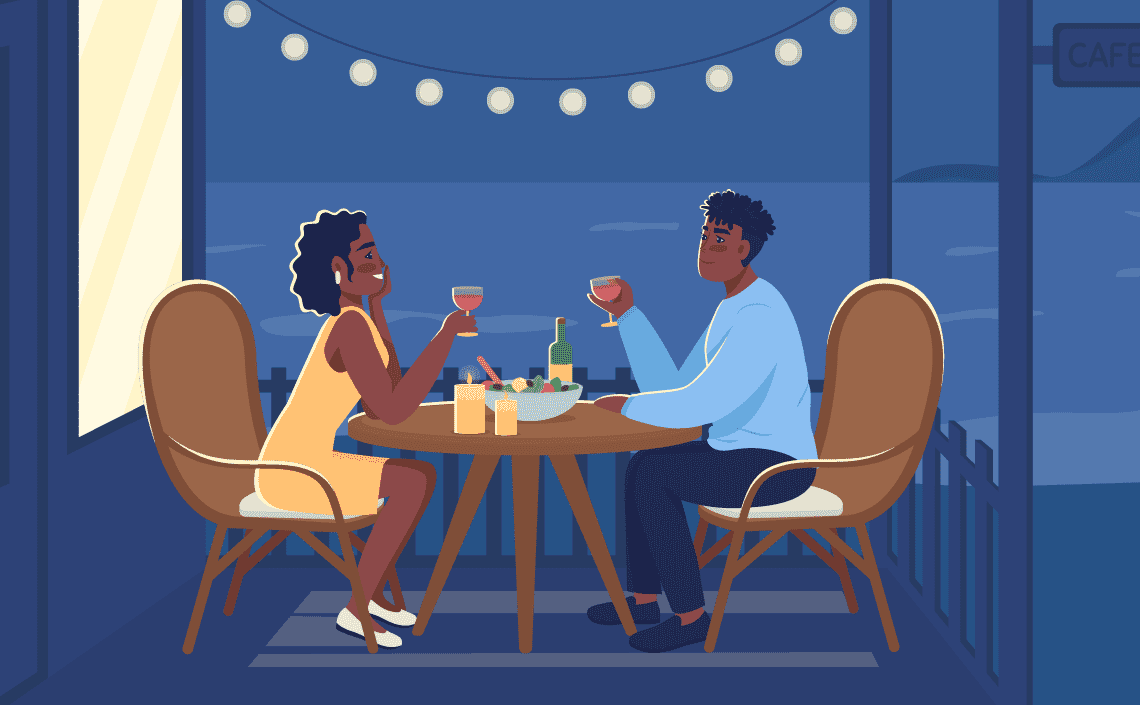Innovations in Pediatric Hearing Solutions
Children with hearing loss face different challenges than adults, and the


Children with hearing loss face different challenges than adults, and the

Hearing loss often develops gradually, making it easy to miss until it

Hearing loss is not just about missing sounds. When your hearing begins to